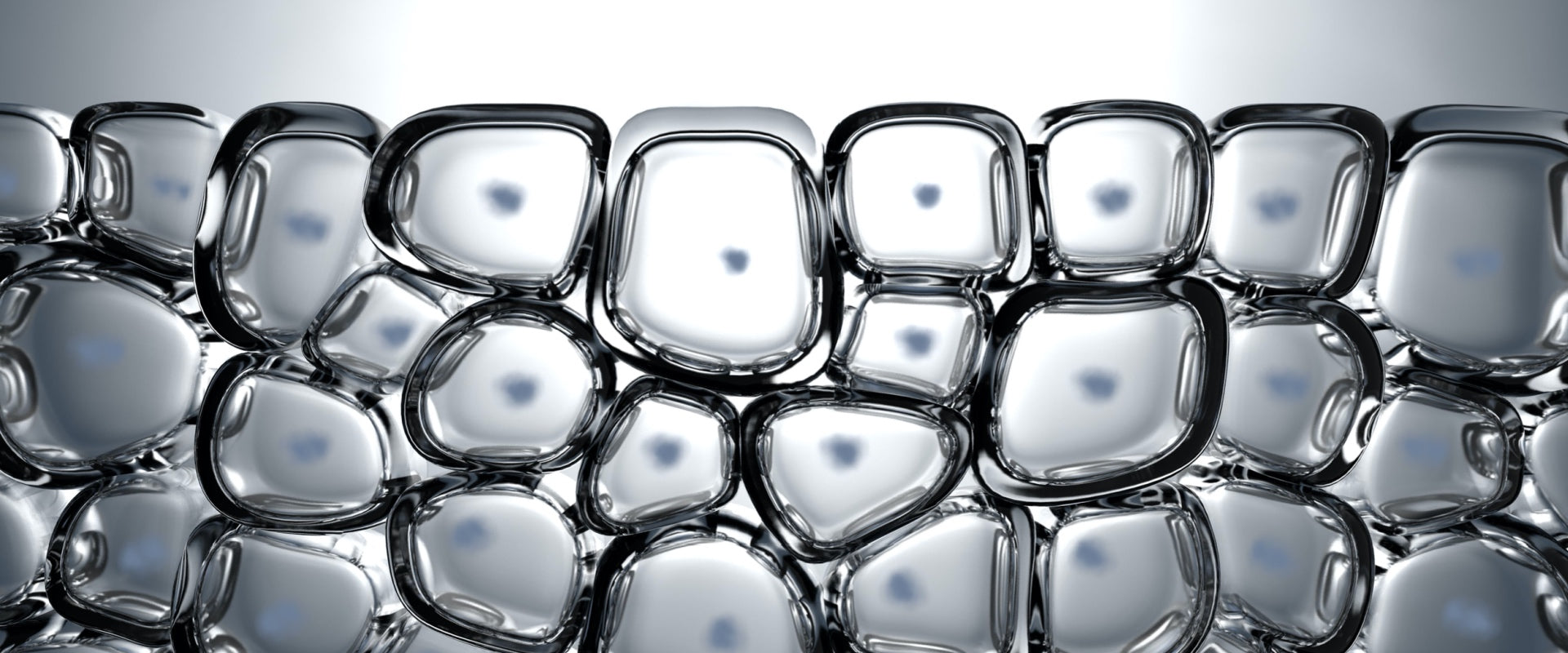
Skin Organ
The skin, our body's largest organ, is a dynamic and multifaceted structure that serves as our first line of defense against the external world. Beyond its protective function, the skin plays a crucial role in regulating temperature, managing sensations, and even reflecting our overall health. In this comprehensive article, we will delve deep into the intricate world of the skin organ, exploring its layers, functions, and the incredible ways it works to adapt to our ever-changing environment.

The anatomy of the skin organ
Epidermis
The epidermis is the outermost layer of the skin, serving as a resilient barrier against external threats. It protects us from harmful microorganisms, UV radiation, and environmental pollutants. Additionally, the epidermis is responsible for giving our skin its distinct tone and color. While it may seem delicate, its thickness varies across different body parts, ranging from a mere 0.05mm to a more substantial 1.5mm.
Dermis
Beneath the epidermis lies the dermis, a thicker layer filled with a complex network of connective tissues, blood vessels, hair follicles, and nerve endings. This layer provides structural support to the skin and houses essential components like collagen and elastin. Its thickness ranges from 0.3mm to 3mm, making it substantially thicker than the epidermis.
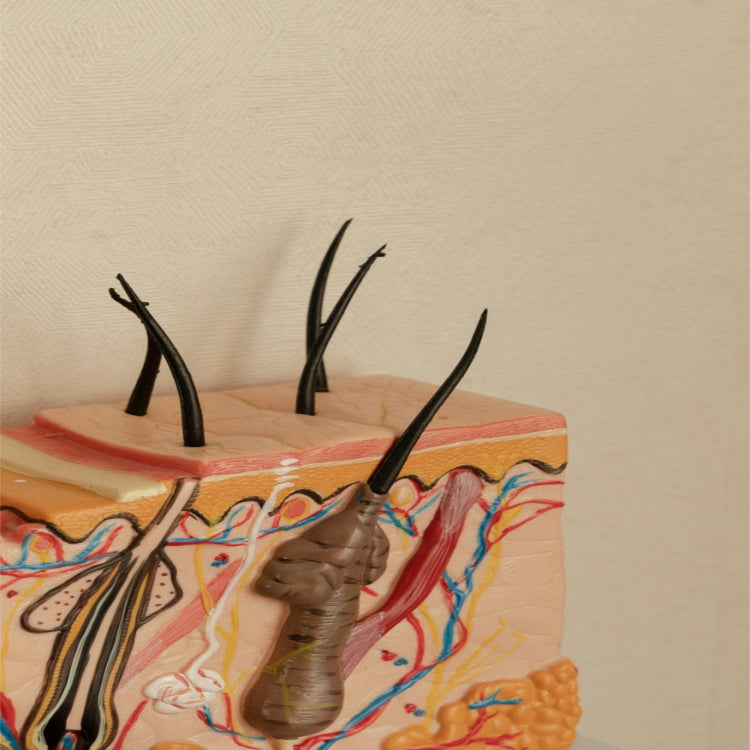
Skin layers
Hypodermis (Subcutaneous Tissue)
The deepest layer, known as the hypodermis or subcutaneous tissue, consists of fat cells and connective tissues. Its thickness varies significantly across different body areas and plays a crucial role in thermoregulation, energy storage, and cushioning vital organs.
Functions of the Skin Organ
Protection: Its primary function is to shield our bodies from external threats, acting as a formidable barrier against infections, toxins, and physical damage.
Sensation: The skin contains a vast network of sensory receptors, allowing us to perceive various sensations such as touch, temperature, and pain.
Temperature Regulation: Through the dilation or constriction of blood vessels and the production of sweat, the skin helps regulate body temperature, preventing overheating or excessive cooling.
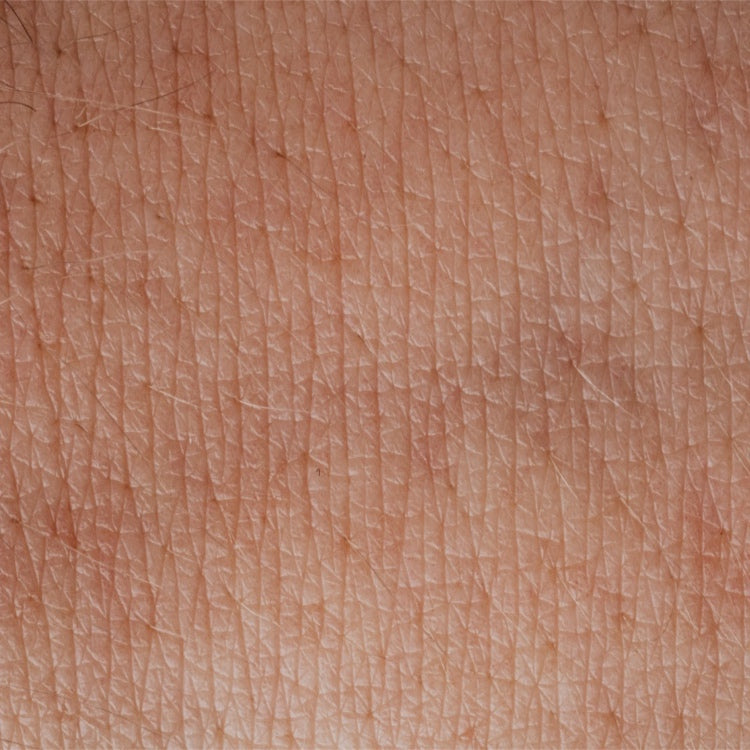
Vitamins and skin
Excretion: The skin assists in eliminating waste products from the body through the process of sweating.
Immune Defense: Skin houses immune cells that play a role in defending against pathogens and infections.
Vitamin D Production: When exposed to sunlight, the skin synthesizes vitamin D, an essential nutrient for bone health and overall well-being.
Barrier Function: The epidermis creates a waterproof barrier, preventing excessive loss of moisture and maintaining skin hydration.

How the skin Organ works
Barrier Function: The epidermis acts as a waterproof barrier, thanks to its outermost layer of cells, known as keratinocytes. These cells are tightly packed, forming a protective shield that prevents water loss and keeps harmful substances out.
Sensory Perception: The dermis houses an intricate network of sensory receptors, including mechanoreceptors for touch, thermoreceptors for temperature, and nociceptors for pain. These receptors send signals to the brain, allowing us to perceive and respond to our environment.
Temperature Regulation: The skin plays a vital role in maintaining body temperature. When the body overheats, blood vessels in the skin dilate, allowing excess heat to dissipate through the skin's surface. Conversely, in cold conditions, blood vessels constrict to conserve heat.
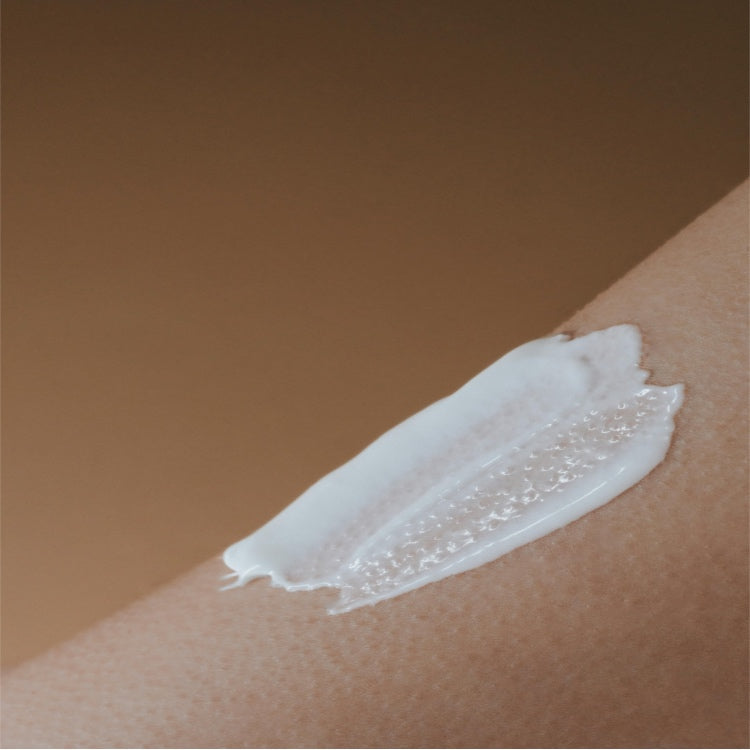
Skin and healing
Wound Healing: The skin has an incredible ability to repair itself. When injured, it initiates a complex process involving the proliferation of new cells, the synthesis of collagen and elastin, and the formation of a scar to close the wound.
Immune Function: Immune cells in the skin, such as Langerhans cells, help identify and combat potential threats, protecting us from infections and diseases.
The skin organ, often taken for granted, is an astonishing and multifaceted structure. Its layers and functions work seamlessly to protect us, provide sensory experiences, regulate temperature, and support overall health. Understanding the complexities of this remarkable organ empowers us to appreciate how it works to adapt to our environment. As we continue to explore the intricate world of the skin, we gain a deeper appreciation for its vital role in our well-being.
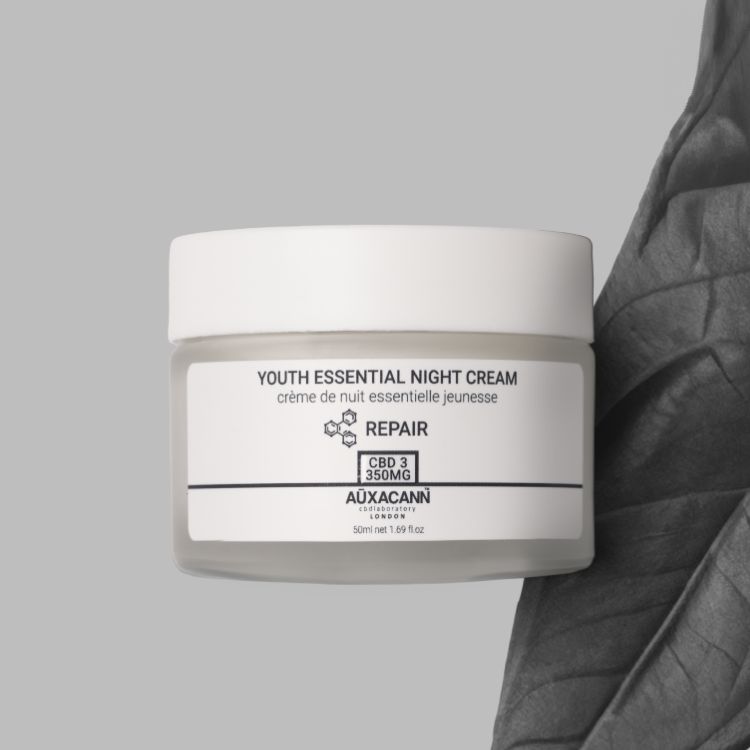
The role of collagen in the skin
Elasticity: Collagen is responsible for the skin's elasticity, allowing it to stretch and bounce back to its original shape. This property keeps the skin looking youthful and taut.
Strength: Collagen fibers act as a scaffold, providing structural support to the skin. This strength helps prevent sagging and wrinkles.
Hydration: Collagen also plays a role in maintaining the skin's ability to retain moisture, contributing to a healthy and radiant complexion.

Collagen production and ageing
Collagen Production and Aging
Unfortunately, as we age, our bodies' natural collagen production begins to decline, typically starting around the age of 25. This decrease in collagen leads to visible signs of aging, including:Wrinkles and fine linesSagging skinReduced skin elasticityThinning of the skinPreventing Collagen Loss:Maintaining optimal collagen levels and overall skin health involves several key practices:
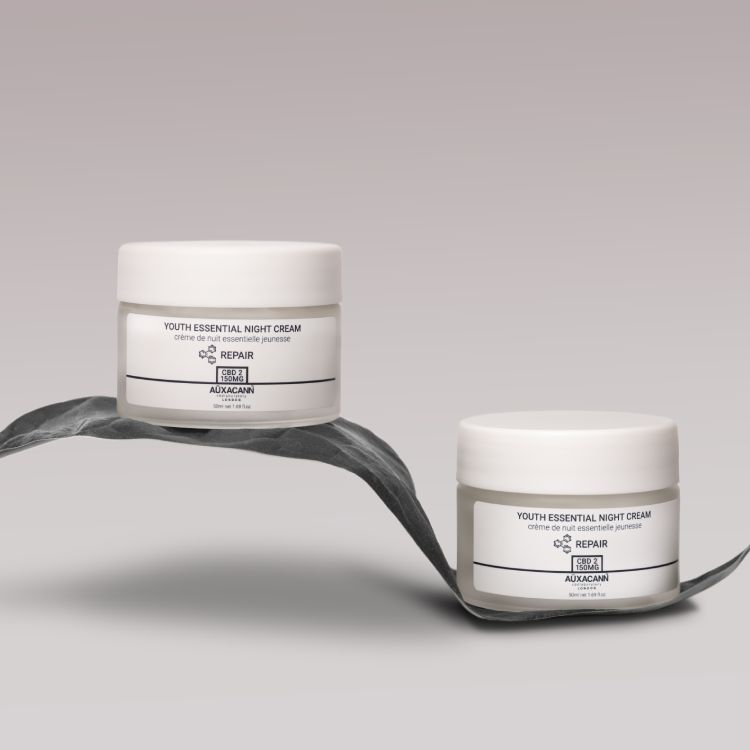
Skin and nutrition
Proper Nutrition: Consuming a diet rich in antioxidants, vitamins, and minerals supports collagen production and repair.
Hydration: Staying well-hydrated is crucial for skin health, as dehydration can lead to premature aging.
Sun Protection: UV radiation is a significant contributor to collagen breakdown. Using sunscreen and protective clothing helps preserve collagen levels.

Skincare products
Skincare Products: Many skincare products contain ingredients that can stimulate collagen production, such as retinoids and peptides.
Avoid Smoking: Smoking is known to accelerate collagen loss, so quitting or avoiding tobacco products is essential for skin health.
Limit Sugar and Processed Foods: Excess sugar consumption can lead to glycation, a process that damages collagen and elastin fibers. Reducing sugar and processed food intake can help preserve collagen.
In conclusion, the skin organ is a remarkable structure with multiple layers, each playing a distinct role in maintaining our well-being. Collagen, the skin's essential protein, is integral to its strength, elasticity, and overall appearance. By adopting a comprehensive approach to skin health, including a balanced diet, hydration, sun protection, suitable skincare products, and healthy lifestyle choices, we can effectively prevent collagen loss and promote a youthful and radiant complexion. Understanding the skin organ and the role of collagen within it empowers us to make informed choices for our skincare and overall well-being.










